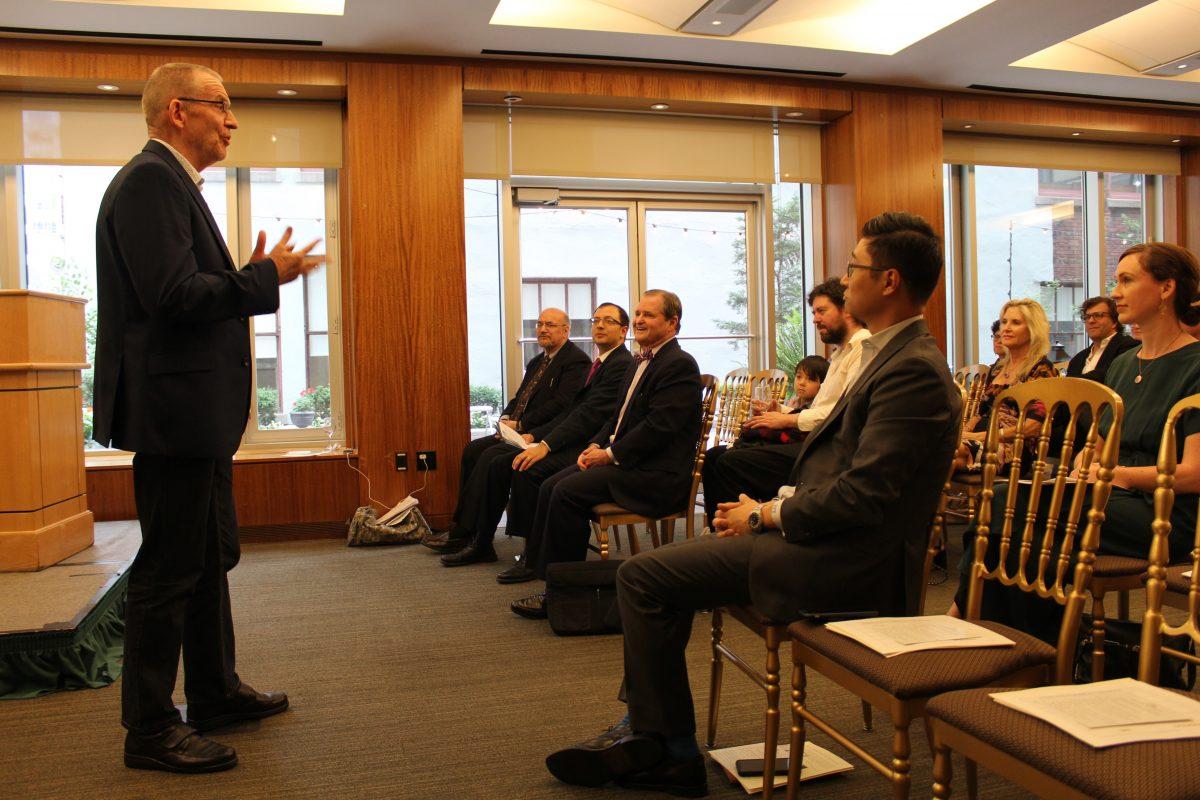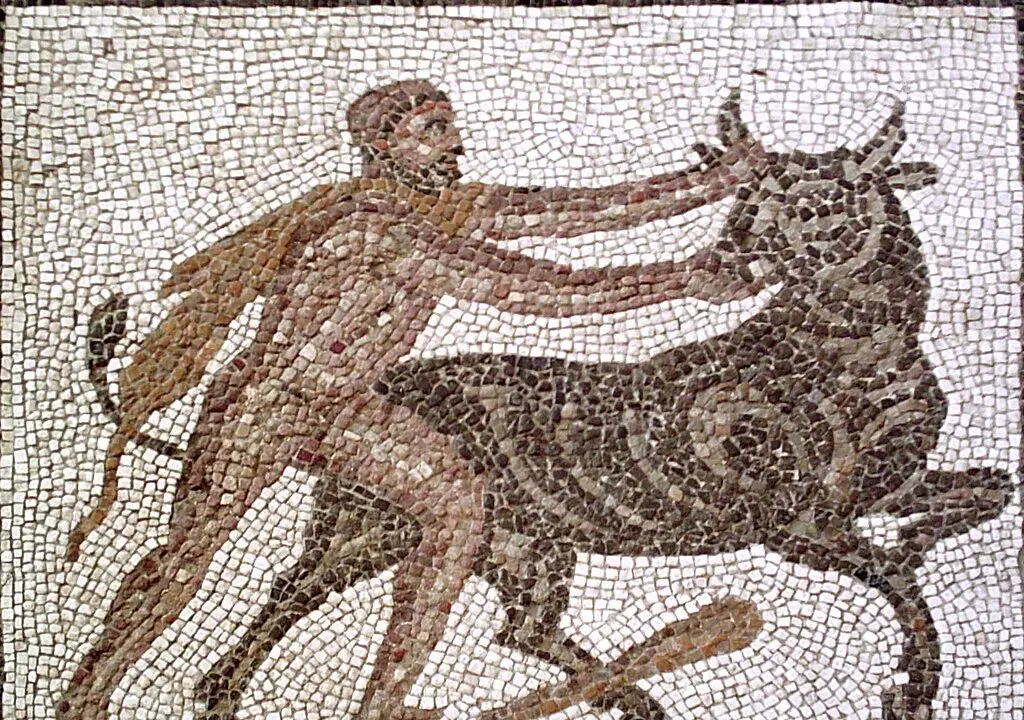In June, I had the pleasure of visiting New York and, courtesy of The Society of Classical Poets, did a talk and a reading of poetry at Manhattan’s Princeton Club. What a delight it was, and a real joy to rub shoulders with some of New York’s finest, such as professor Joseph Salemi from New York University, a deep expert. While I think my talk on poetry was well-received, I suspect it also came as somewhat of a surprise, since I was arguing that we can learn a lot from Chinese martial arts about the nature of poetry. These two disciplines are not often associated together, although it was the renowned martial artist and Hollywood film star David Carradine, who once said, “If you cannot be a poet, be the poem”—surely a profound observation.

James Sale speaking at the symposium for the Society of Classical Poets, in New York on June 17, 2019. Ivan Pentchoukov






